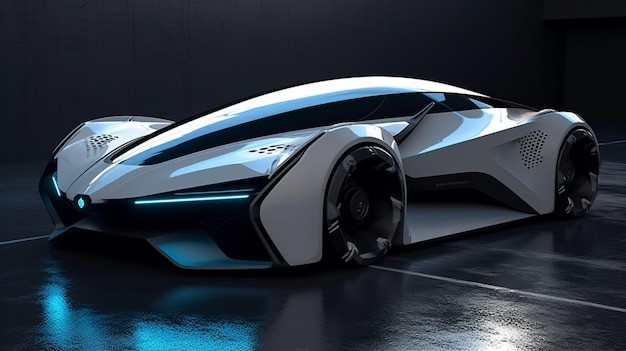Electric vehicles are becoming a part of automotive system globally, and Electronic Vehicles has advanced battery technology.

Introduction
Electric Vehicles is the Second largest emitter of greenhouse gases is experience the extreme shift towards in the transportation sector. This conversion is generated of technological advancements, environmental consciousness, and supportive government policies. Buying an EV is not only a step towards decreasing carbon emissions but also step towards sustainable development and efficient transportation system.
Benefits of Electric Vehicles
Electric Vehicles offer many benefits over their conventional counterparts:
Zero Tailpipe Emissions:
Electric Vehicles releases no tailpipe emissions, importantly decreasing the impact on environment.
Lower Operating Costs:
Electric vehicles are more eco-friendly and affordable. To run the electric vehicle is cheaper than petrol or diesel vehicles. The cost effectiveness can be further improve by using renewable energy sources for charging.
Low Maintenance Costs:
Electric Vehicle have lower maintenance cost, these vehicle have fewer moving parts than internal burning engine vehicles.
Quiet and Smooth Operation:
Electric vehicles are helps to reduce the noise pollution reduction comparing with the conventional vehicles.
Tax and Financial Incentives:
Different governments are offered incentives to promote the buying of electronic vehicle, and making them financially attractive.
Types of Electric Vehicles
There are four main types of electric vehicles:
Battery Electric Vehicles (BEVs):
These vehicles are generated by electricity stored in a large battery pack. Battery EV do not produce any tailpipe emissions.
Hybrid Electric Vehicles (HEVs):
These vehicles can use both internal combustion engine that can drive the vehicle and recharge the battery, and a battery powered electric motor.
Plug-In Hybrid Electric Vehicles (PHEVs):
These vehicles can run an internal combustion engine for long drives, and can operate on electricity alone for short drives.
Fuel Cell Electric Vehicles (FCEVs):
To produce the electricity within a fuel cell these vehicles use hydrogen. The only by product from the tailpipe is water.
Advancements and Challenges in EV Batteries
The performance of electric vehicles is depend on the quality and capacity of the batteries. Currently lithium ion batteries are most popular, buyers are researching other technologies to better the performance and efficiency such as metal air batteries, solid state. The EV face the high maintenance and sustainability.
Components of an All-Electric Car
An all-electric car consists of several key components, including:
Battery:
A battery stores electricity for the electric motor.
Charge Port:
This will connect to an external power supply for charging.
Electric Traction Motor:
To drive the vehicles wheels it uses power from the battery.
Onboard Charger:
For charging the battery Onboard charger converts the incoming AC electricity into DC.
The Path to Sustainability
Electronic vehicles signifies an important step towards a sustainable future in the global. EV offered number of advantages including zero tailpipe emissions affordability of electricity, less maintenance needs.
The Role of Government Policies
Promoting the adoption of electric vehicles plays a important role in government policies. In these includes incentives like tax rebates, grants, subsidies, and also regulations mandating the use of clean energy vehicles.
The Growth of the EV Market
Electronic vehicles has global market, they expected to witness important growth in the upcoming years. The global market is primarily driven by advancements in battery technologies, increasing environmental concerns, EVs cost decreasing, and to supportive government policies.
The Rise of Two-Wheeler EVs
Electronic Vehicle have two-wheelers, like electric bikes, scooters has more popular in many regions, especially in densely populated urban areas. Electronic Vehicles are not only eco-friendly but also affordability and convenient for short distant travel.
The Future of Electric Cars
Electronic Cars looks promising in the future, with the advancement in technology, and supportive government policies. The electronic vehicles is expected to accelerate in the coming years, contributing importantly to a sustainable and eco-friendly transportation system.
Conclusion
Electronic Vehicles is a precise step towards more sustainable, and conscious future in the environment. With the ongoing technology advancement and supportive government policies, the future of transportation lies in electric vehicles.
stay connected at News About Today for more updates